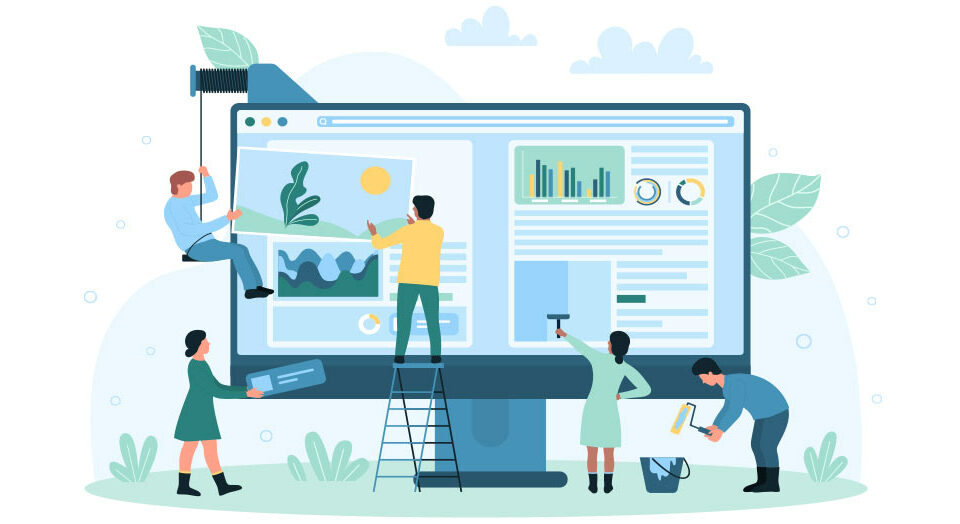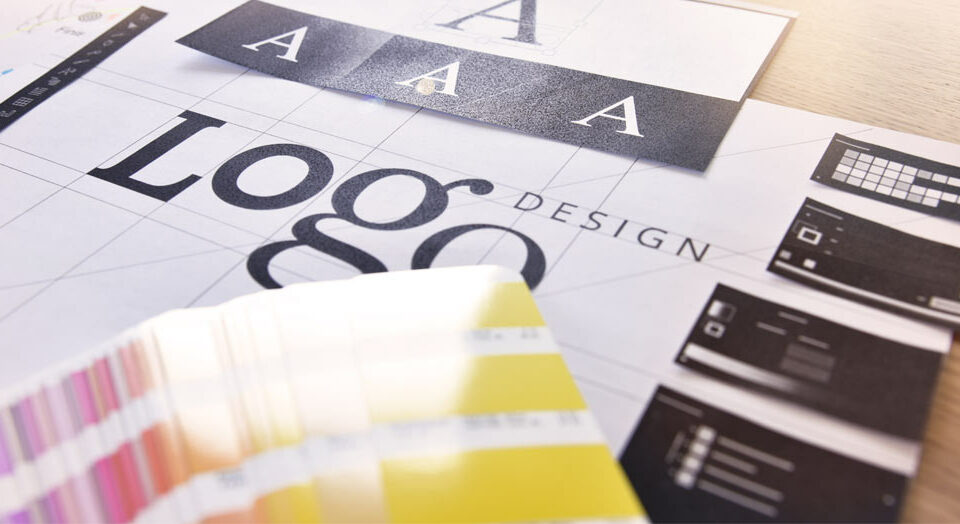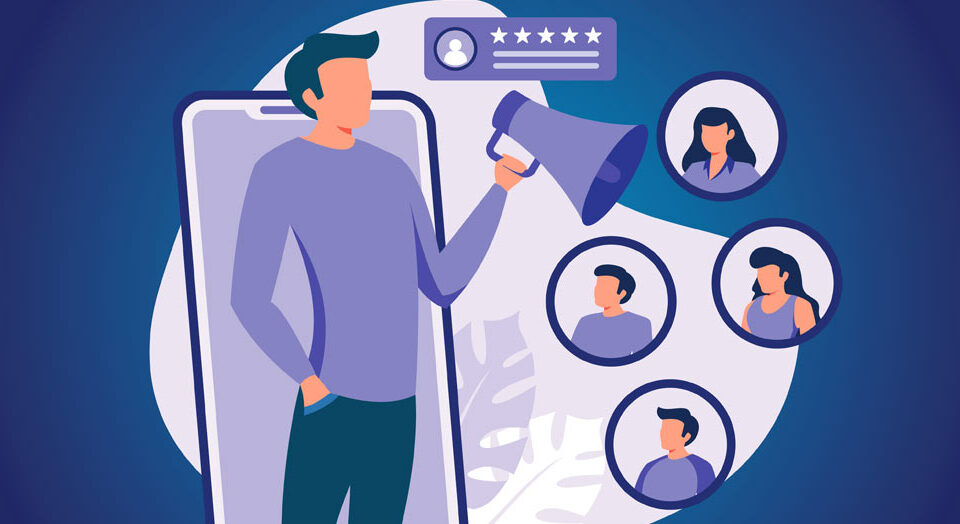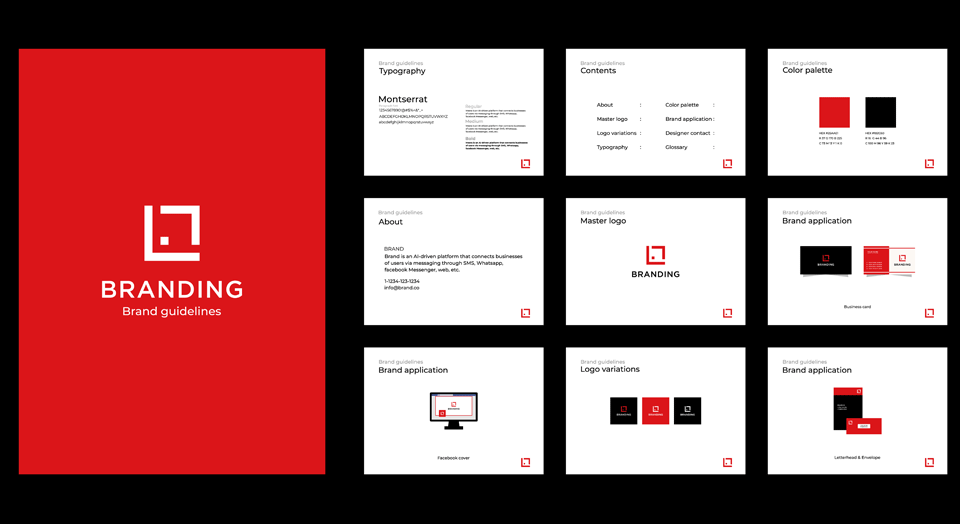
Engaging Your Customers With Experiential Marketing
May 22, 2021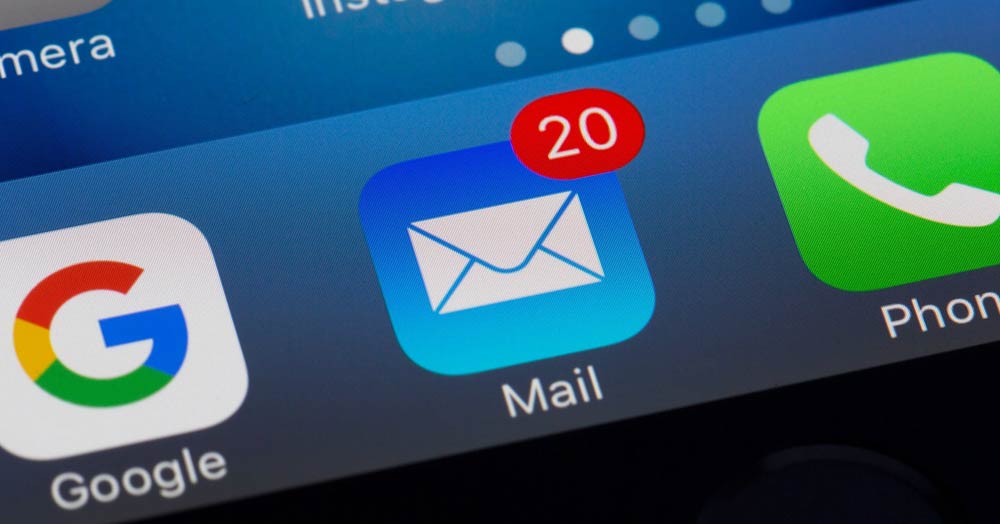
The Fine Line Between Successful Email Marketing and Unwanted Spam: Tips for Staying on the Right Side of Anti-Spam Legislation
June 23, 202110 Types of Business Marketing Collateral To Increase Conversions
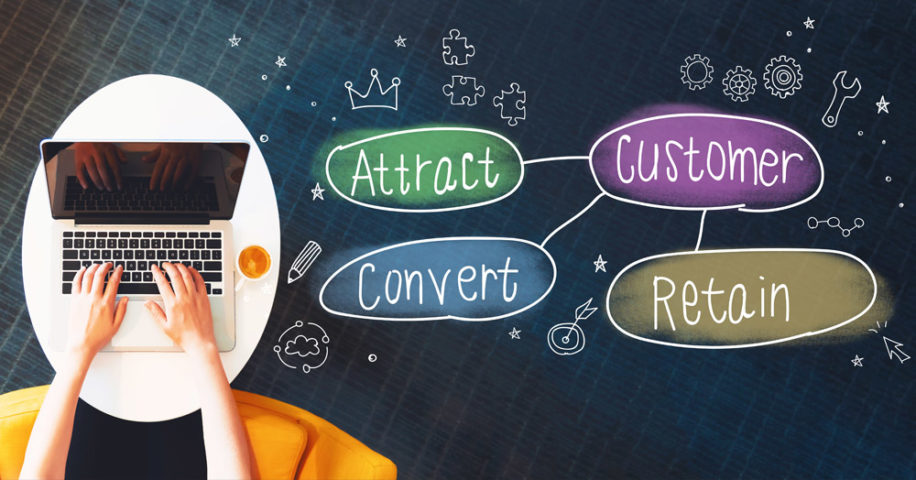
It wasn’t so long ago that marketing collateral was limited to printed brochures, customer case studies, and, perhaps, PowerPoint slides. In today’s world of digital marketing, though, there are many more types of media that can be leveraged to reinforce the message and support the sales process.
Having a good collection of marketing collateral at your disposal helps you convert leads into customers. Whether digital resources such as explainer videos and blog posts or physical resources like flyers and brochures, marketing collateral supports the sales process as a customer journeys from following an advertisement to signing on the dotted line.
The best type of collateral for your company will depend on the type of business you operate. But what is certain is that if you have your collateral prepared, you will have a whole host of material hand to convince the wavering prospect to buy. So, here is a list of the various digital and non-digital marketing collateral you could use to support the sales process.
1. Brochures
Yes, there is still a place for printed brochures in the digital age, and one of the significant advantages of flyers is the many different situations in which they can be helpful. For example, brochures can be handed out at sales meetings, sent in mailers, and used as collateral at trade shows. So, there is a significant return on investment available from a stock of high-quality sales brochures.
2. Case Studies
Case studies are an excellent way to showcase your products in a real-life setting. In addition, the recommendation that customers provide in case studies provides the third-party validation that can be essential to close a deal. Of course, there will be a cost involved in having case studies written and printed. Even so, the persuasive power of this type of marketing collateral will make the investment worthwhile.
3. Blog Posts
Blog posts are generally thought of as a means of attracting more traffic to a business website. However, your blog can also be considered a form of marketing collateral. For example, blog posts can be used to confirm your expertise in your field. And, they can reinforce the sales message by highlighting the benefits of your product or service. In addition, you can direct prospects to specific pages of your blog to expand on and strengthen the sales points you have made in meetings or advertising. So, there are many more uses for your blog than generating visits to your website.
4. Standard Proposals and Presentations
Depending on the type of business you run, you may need to make sales presentations and prepare proposals. In that case, it would be best to have standard proposal documents and sales PowerPoint presentations ready-prepared. Yes, you could prepare collateral of this type on the fly for each meeting or prospect. But then your presentations and documents will likely be rushed and not as well-thought-through as they might be.
5. eBooks
eBooks are excellent tools for generating trust in a brand, and they make terrific lead magnets, too. So, a range of informative books that you can send to prospects or offer as a download online will add another valuable sales tool to your armory. There are probably many topics that you could cover in eBooks, including industry updates, practical tips, and guides related to your products. eBooks can be readily shared, as well, so they can also act as lead generators.
6. Website Landing Pages
Landing pages are stand-alone website pages designed to persuade a visitor to take a specific action. For example, the desired outcome might be registering for a webinar, requesting a quote, buying or a product, or signing up to a mailing list. Landing pages require some thought and must be designed to encourage the user to take the desired step. However, get your landing pages right, and you may be able to run some of your marketing campaigns on autopilot.
7. Videos
Videos are another marketing medium that can be used across multiple platforms. For example, you can post product and explainer videos on your website, social media, and, of course, you can publish them on YouTube. In addition, videos are an excellent way to cover topics that require more explanation than a few words. And you have the added advantage that many people would rather watch a video than read a lengthy document, email, or web page.
8. White Papers
White papers are long-form documents that explain a topic. White papers are usually longer than ebooks and are generally used to discuss relatively complex issues and often contain supporting research data. This type of marketing collateral provides an opportunity to showcase in-depth expertise in topics. So, white papers can be particularly beneficial for professional businesses such as accountants, lawyers, and consultants.
9. Template and Automated Emails
Emails to and from prospects are a feature of most sales cycles. And, as many of those emails will be the same for all potential customers, a set of template emails will save time and ensure that the right sales message comes across in all communications. Indeed, some emails, like monthly newsletters, abandoned cart reminders, and completed form follow-ups, can be completely automated.
10. Testimonials
Testimonials, which are shorter than case studies, provide the social validation that many customers will need to persuade them to buy. So, developing a collection of favorable comments from customers can be a powerful sales tool in various situations. You can, for example, use testimonials on your website and printed collateral. And, short extracts in the form of quotes can be used in PowerPoint presentations.
Marketing collateral is like a toolkit from which you can draw the required tool as and when needed. Developing a full range of marketing material will arm you against objections and support the sales process. So, take a look at the above list and see if you are missing any of these sales aids. They may not all be suitable for your business. But, if you have all your relevant marketing collateral prepared, you will always have something to fall back on to strengthen your sales message when needed.

